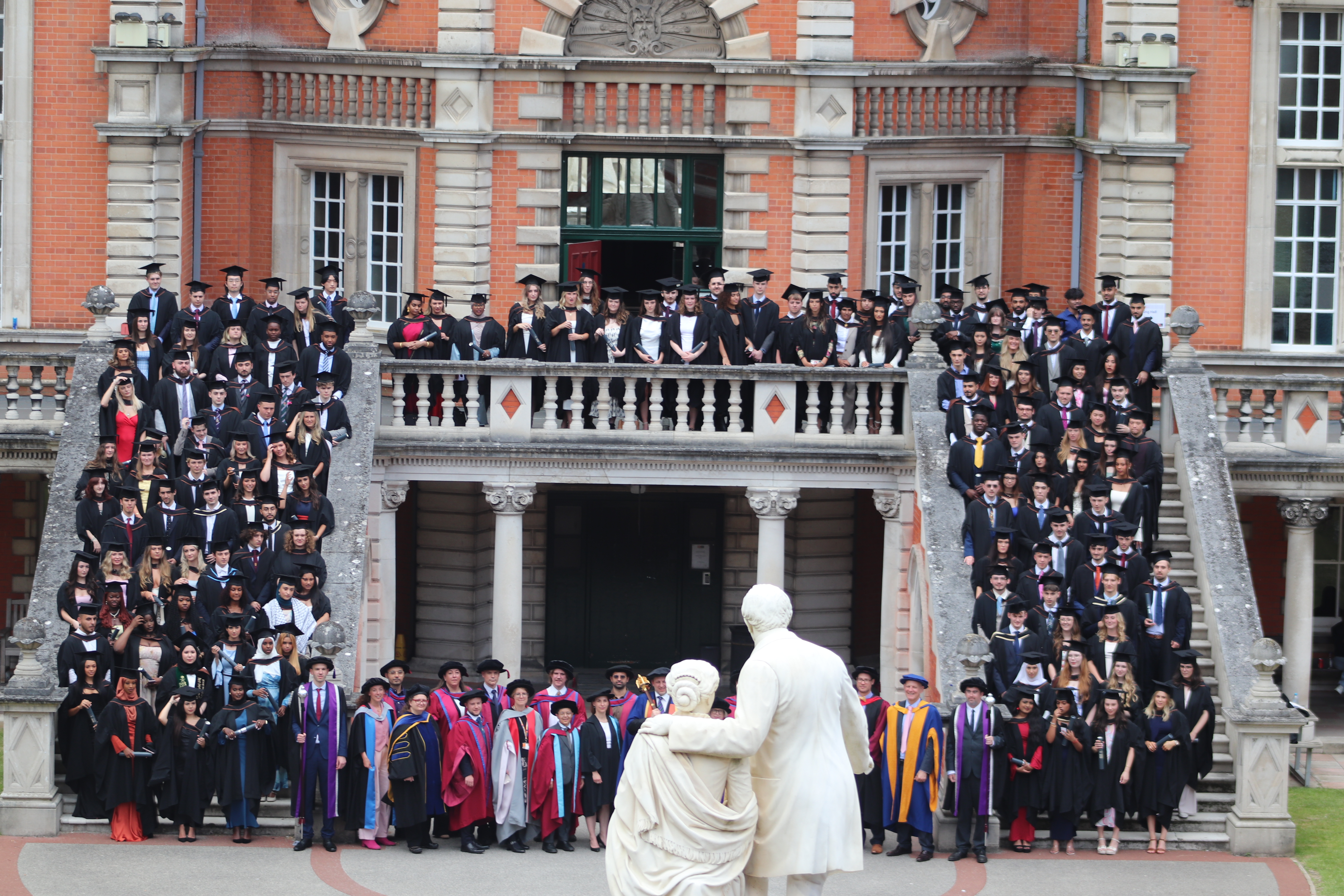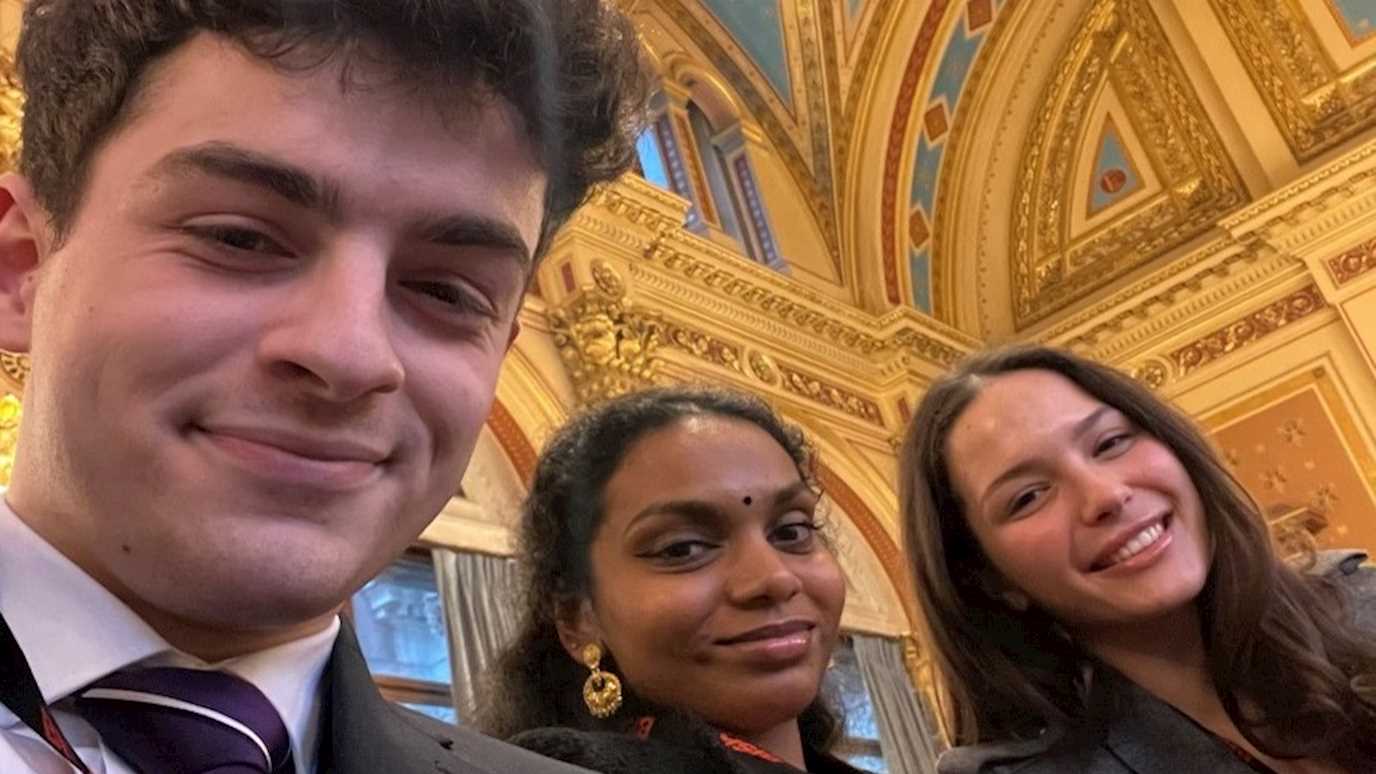November 16 marks the International Day for Tolerance, proclaimed by UNESCO in 1996. For the occasion, Dr Jonathan Seglow reflects on the roles of tolerance from the perspective of political theory.

November 16th is the International Day of Toleration. Promoted by UNESCO, the day marks the passing on this date in 1995 of the Declaration of the Principles of Tolerance. Tolerance, that document tells us, consists in ‘respect, acceptance and appreciation of the rich diversity of our world's cultures, our forms of expression and ways of being human.’ ‘Tolerance is harmony in difference’, it continues. ‘It is not only a moral duty, it is also a political and legal requirement’. These are lofty words, and the Day of Toleration website goes on to explain how UNESCO promotes toleration around the world, through its work on democracy, citizenship, non-discrimination, education, inclusion, and human rights, especially the right to freedom of expression. Can this be right? Does toleration really involve all of these ideas?
At first blush, the answer is clearly no. If we begin by thinking about toleration in its standard usage, not its global political context, we find a much more constrained, less ambitious notion which has little to do with appreciation of others, and in fact seems to be its opposite. In its more everyday sense, toleration involves putting up with others’ behaviour that you disapprove of. Thus a parent might tolerate her daughter’s body piercing, a neighbour might tolerate his neighbour’s raucous parties, and an employee might tolerate her boss’s frequent racist jokes. As these examples make clear, toleration doesn’t have to involve moral disapproval of the other person’s actions, though it certainly can do. And as in the example of the racist boss, toleration doesn’t even seem to be a virtue on every occasion. It might be understandable not to call out one’s boss’s racism, but that seems to be the right thing to do. Moreover, at a political level, it’s surely wrong to say that we should tolerate racist or xenophobic states. That can’t be what UNESCO had in mind.
To make sense of this, we need to distinguish between two kinds of political toleration, one involving a majority putting up with the disapproved behaviour of a minority group, and the other, more ambitiously, involving two (or more) sides engaging with one another on a footing of mutual respect. The English philosopher John Locke advanced the former view in the seventeenth century in his Letter Concerning Toleration which defended the religious liberty of minority Christian denominations. Locke’s view was that religion is a matter of a person’s inner conscience, and that conscientious belief cannot be forced by external coercion. But Locke certainly supported the established Anglican church and his religious toleration did not extend to Catholics or atheists.
The mutual respect view has its origins in the Wars of Religion in Europe after the Protestant reformation in the sixteenth century. Peace was eventually found through the invention of the modern state, where different states mutually recognise one another’s sovereignty. Today, mutual respect of each person’s dignity is also a foundation of human rights, where rights are a means to preserve each person’s freedom to live as they wish. Upholding human rights enables mutual toleration, while the person who ‘tolerates’ racist or other harmful behaviour in fact weakens support for the mechanism of universal rights that secures toleration. Certain rights are of particular importance such as freedom of religion, and also the right to freedom of expression as the Declaration of the Principles of Tolerance emphasises.
However, this second model does not resolve all the issues, and in particular there is always the possibility of conflict between democratic sovereignty and claims of human rights. In a referendum in 2009 the Swiss people voted to ban the construction of new minarets on the country’s mosques. This seems a discriminatory policy as church and cathedral spires were unaffected, and hence it seems to evince a rather intolerant attitude towards Muslims in Switzerland. On the other hand, the policy had unimpeachable democratic legitimacy and it’s been defended on the grounds that it did not impinge on Muslims’ freedom to practice their religion. This might suggest that human rights are not the last word on toleration.
The UN Declaration’s insistence that we should not just respect but appreciate cultural diversity and different ‘ways of being human’ points towards a third conception of toleration. On this view, which we might call positive toleration, we should value and esteem the different ways of life that co-exist in pluralistic societies, indeed the Declaration suggests that we have a duty to do so. Positive toleration seems the exact opposite of the first model of toleration, acceptance of that which we disapprove of. On the other hand, we could also think of the three models as a sort of continuum from putting up with, to respecting, to appreciating other cultures and ways of life. The latter is a rather demanding view and if ‘appreciate’ means ‘value’ or ‘positively appraise’ it might seem absurd for the committed atheist, for example, to appreciate a belief system such as Christianity or Islam that he believes to be deeply mistaken. That said, there are certainly aspects of religious practice an atheist might value such as religions’ emphasis on helping others or the phenomenon of relative strangers enjoying community in churches or mosques. Moreover, people living in very multicultural cities like London have reason to cherish their enormous diversity and the vibrancy, richness and sheer interest that cultural difference brings. From that point of view, there seems something a bit cramped and deracinated in limiting our ambitions simply to respecting each other’s rights. It is this sort of open, multicultural outlook that the International Day of Toleration enjoins us to celebrate.
Dr Jonathan Seglow is a Reader in Political Theory in the Department of Politics, International Relations and Philosophy at Royal Holloway.
























